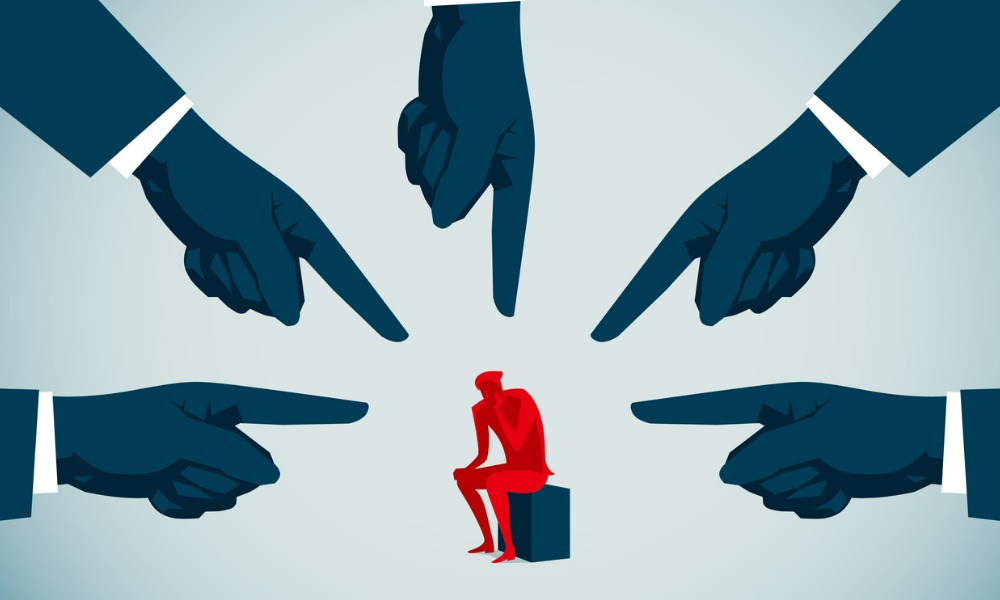
New report sheds light on prevalence of workplace harassment – and how HR can help

Māori, Pacific, Asian, as well as disabled and bisexual workers are "disproportionately" affected by bullying and harassment in the workplace, according to a new report, as employers are urged to ensure a safe workspace for employees.
The report, carried out by Kantar Public for the Human Rights Commission, sought the response of 2,500 workers to determine the prevalence of sexual harassment, racial harassment, and bullying across workplaces.
According to the report, 30% of workers experienced sexual harassment in the last five years, 39% experienced racial harassment, while 20% experienced bullying behaviour frequently in the 12 last months.
The report further discovered that young females, bisexual, and disabled workers were more likely to have experienced sexual harassment, while racial harassment was most prevalent among disabled workers, migrant workers, and workers from minority ethnicities.
Bullying was reported the most among younger workers, disabled, bisexual, and Pacific workers, according to the report, with 86% saying they were negatively impacted by this. Workers reported feeling disrespected, uncomfortable, angry, frustrated, and anxious, said the report, while others considered or attempted suicide.
Equal Employment Opportunities Commissioner Saunoamaali’i Karanina Sumeo condemned the prevalence of abuse in workplaces and said they were "heartbreaking."
"It is unacceptable that abuse is occurring and is so widespread in our workplaces. We are essentially failing our people," said Sumeo in a statement. "These stories are heartbreaking. Workers shouldn't have to fear for their mental, physical, and emotional wellbeing while out earning a living for themselves, their households, and contributing to our national prosperity."
Access for help also seemed insufficient, according to the commissioner, citing the report's findings that revealed only 24% workers raised a formal complaint, with almost a third of victims refusing to speak about their situation.
"Victims do not want to go through an adversarial system and the burden rests on them to be the confronter. Workers simply aren't getting the support that they need," she said.
Read more: Sexual harassment: How HR leaders should handle abuse allegations
The responsibility to provide safer workplaces is now on the employer, according to Sumeo, as she also called on the government and unions to review the Accident Compensation and Health and Safety at Work laws.
"Employers are responsible for creating a safe environment, implementing robust processes and providing adequate support to ensure workers are able to speak openly about their experiences without fear for their livelihoods or fear of retaliation," she said.
"I call on the Government, business, and unions to collaborate now to urgently and critically review our Accident Compensation and Health and Safety at Work laws, to better support those who have suffered and continue to suffer harm from these acts of violence. We also need to make clear the duties and responsibilities of employers to prevent revictimization from abusers."